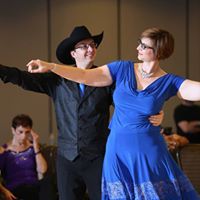-
Welcome to the eG Forums, a service of the eGullet Society for Culinary Arts & Letters. The Society is a 501(c)3 not-for-profit organization dedicated to the advancement of the culinary arts. These advertising-free forums are provided free of charge through donations from Society members. Anyone may read the forums, but to post you must create a free account.
Systematically educating your palate
-
Similar Content
-
- 22 replies
- 9,678 views
-
- 360 replies
- 90,479 views
-
- 1,266 replies
- 266,097 views
-
- 230 replies
- 48,063 views
-
- 2 replies
- 2,127 views
-
-
Recently Browsing 0 members
- No registered users viewing this page.




Recommended Posts